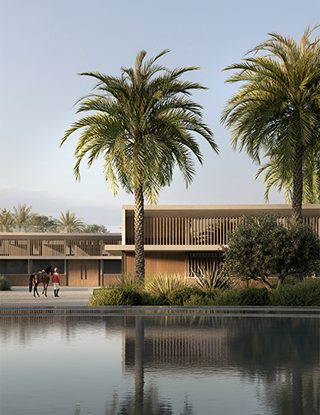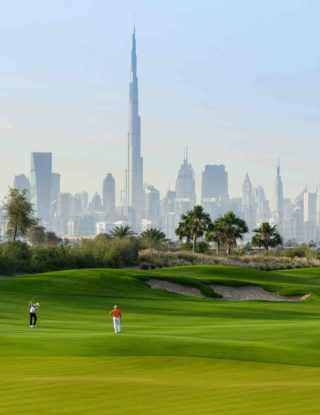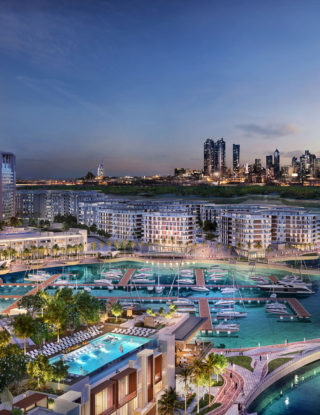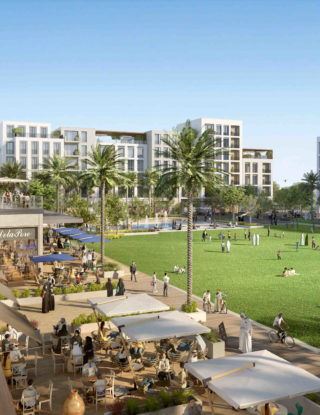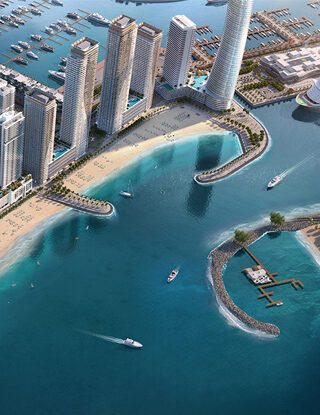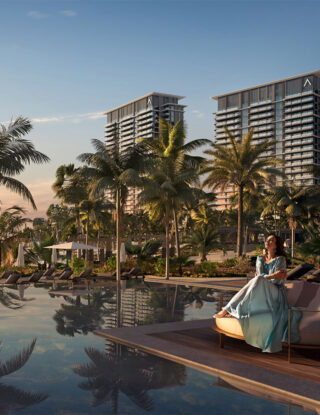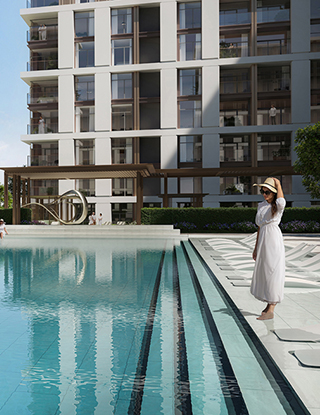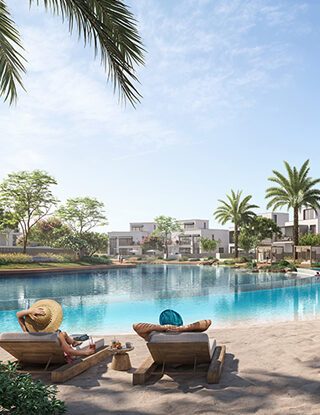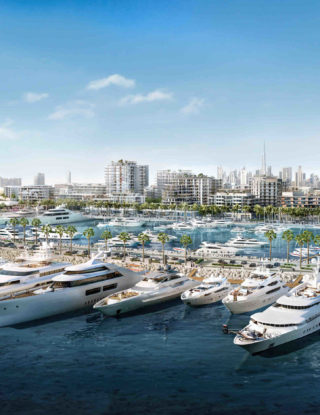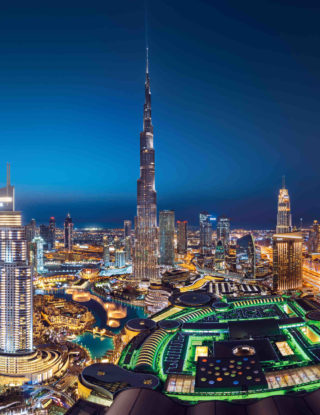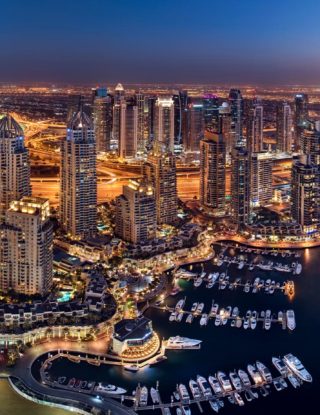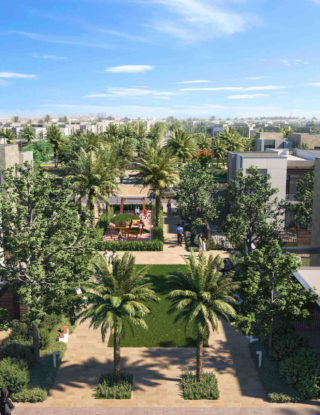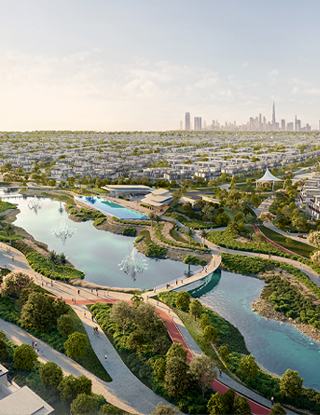Environment
At Emaar, we are strategically implementing change across various levels driven by our commitment to the UAE’s Net Zero by 2050 initiative and our sustainability goals. We have multiple initiatives in progress, spanning our developmental projects and inhabited communities, aimed at water conservation, emissions reduction, clean energy, process optimisation, resource management, waste management, and responsible material usage.
Energy management
Our energy management initiatives aim to reduce greenhouse gas emissions, fossil fuel usage and operational costs while enhancing equipment efficiency. The Emaar Energy Management Process (EMP) lies at the core of our energy management thinking. It has been established to optimise operational asset efficiencies and maximise renewable energy opportunities. EMP helps us increase revenue by reducing energy usage and costs, improves our competitive position as a world-class facility management company and lowers Emaar Properties’ and the UAE’s carbon impact.
Waste management
Our waste management initiatives aim to reduce waste production, minimise waste sent to landfills, and ultimately reduce greenhouse gas emissions. We take construction and operational waste into account and have invested in reducing waste generation and increasing source separation. Across our communities, hospitality and retail businesses, a number of waste management initiatives are currently underway, each of which is tailored to specific waste characteristics and employs the most efficient conservation strategies.
Water Management
Efficient water management is a priority for Emaar, as our properties use more than 802 million gallons of water yearly. We carefully monitor water usage and costs. The measures include sub-metering to limit use and leak detection. Sub-metering allows tenants to see their water usage, which helps them save.
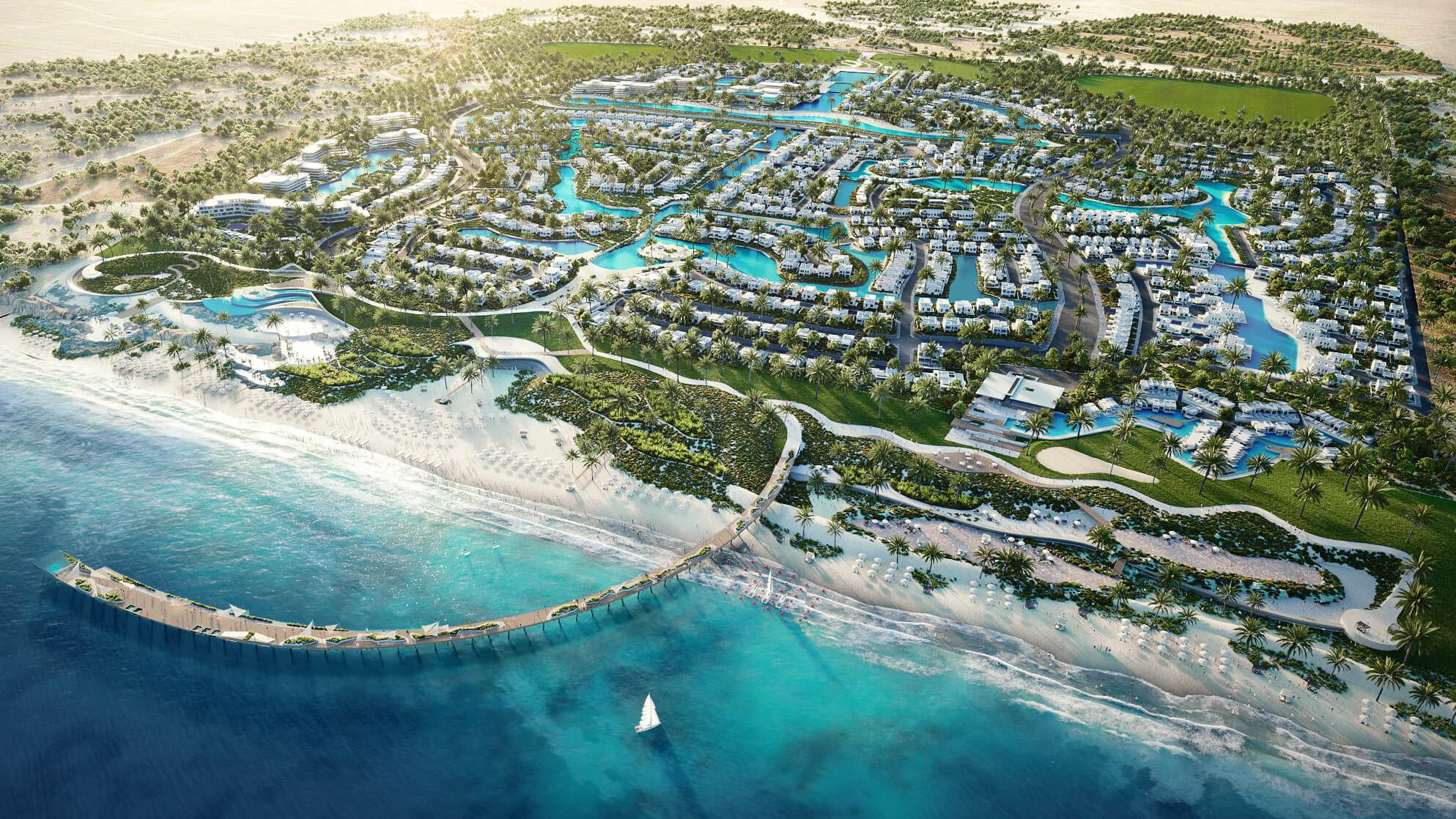
Sustainable operations
We are actively working to integrate greener, more environmentally friendly construction practices into both our current offerings and future projects. Our Building Design Standards and Guidelines ensure sustainable design in new construction and renovations. Our energy, water, and sustainable design practices decrease our environmental impact, utility rates, and operational expenses through durable and long-lasting products.
Sustainable district cooling
We provide high-quality cooling using sustainable, energy-efficient engineering solutions. Our district cooling arm, Emaar District Cooling (EDC), focuses on energy efficiency, carbon reduction, and ethical equipment procurement. It aims to create a sustainable energy landscape in the UAE and reduce carbon emissions.
Case Study
Emaar Beachfront DC plant makes innovative use of seawater intake and outfall system
Conventional DC systems use potable and treated sewage effluent water for cooling purposes. EDC’s Emaar Beachfront DCP utilises seawater, substantially reducing the water footprint to almost zero. The design of the seawater system and location of the intake and outfall pipes have been done by specialised marine consultants and EDC engineers, with simulation based on Cormix Modelling to address environmental concerns. Further, Emaar has installed state-of-the-art chlorine dioxide generators to control aquatic growth in the pipes, ensuring that only non-toxic chemicals get released that do not endanger the ecology. Monitoring is done through SCADA in-built systems, with digital memory, artificial intelligence and machine learning capabilities, enabling optimal control and performance. The entire system functioning has been approved by the Dubai Municipality coastal department.
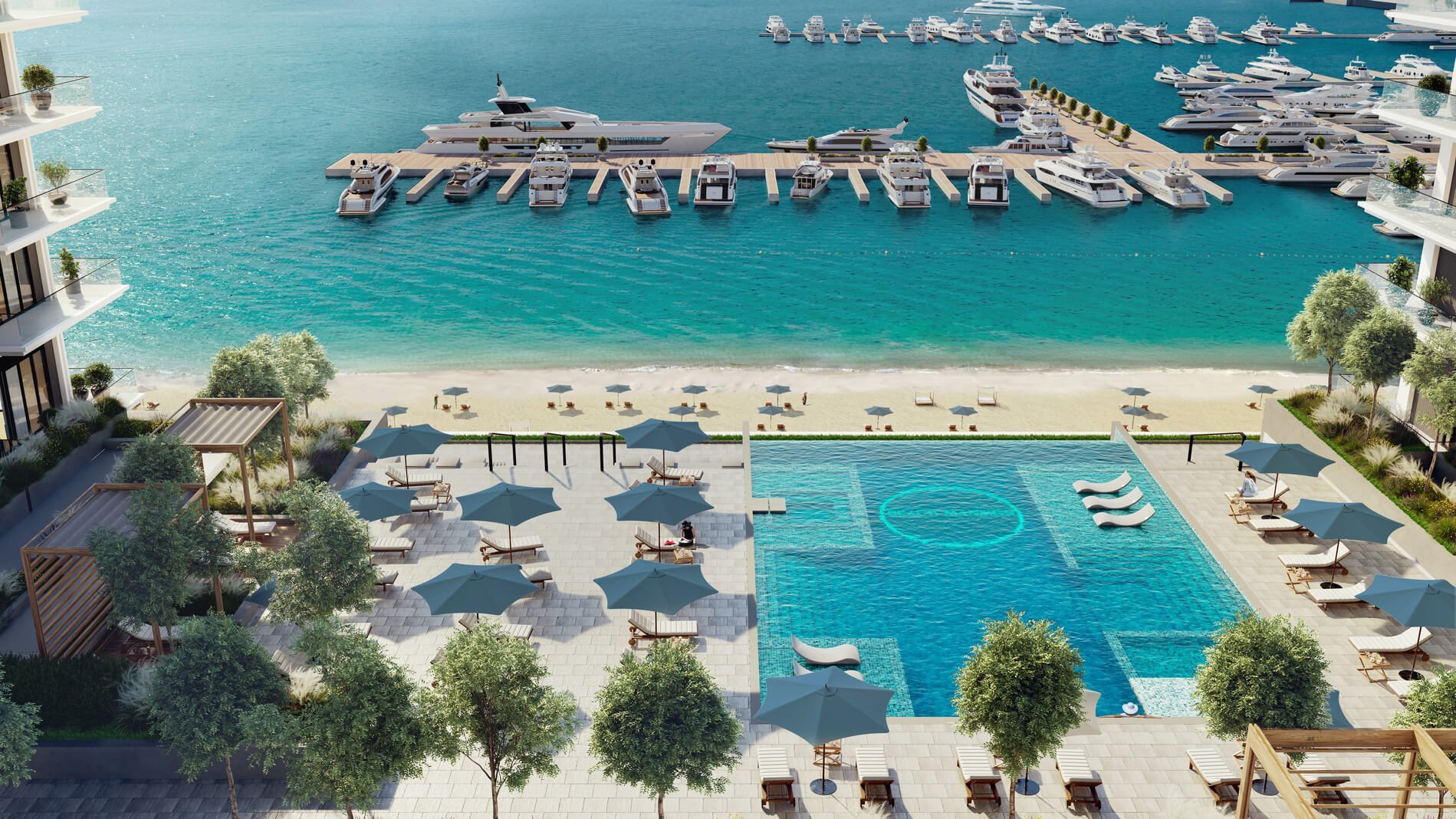
The Beachfront DCP is housed in the basement of a residential tower and does not require a separate plot, thus saving space. While designing the system aspects like safe noise levels, anti-corrosive safeguards, isolation chambers and check valves were integrated to safeguard against discomfort caused by constant vibration from operations, the risk of leaks and seawater flooding, respectively. Operational since mid-2021, the plant is highly efficient in handling high‑load capacities.
